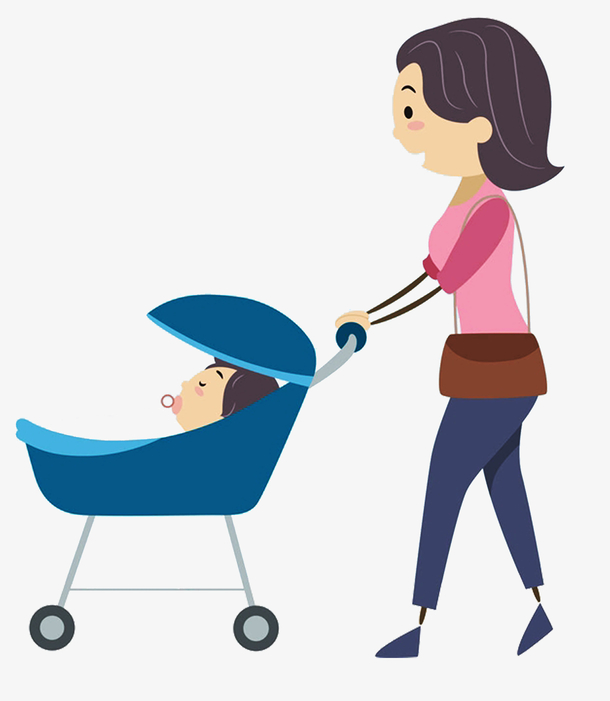When feeding babies, be careful to avoid them eating too quickly or too much. After feeding, gently lift the baby so that their head is slightly higher than the body, pat their back lightly for a few minutes to help release swallowed air. If needed, consult a doctor for digestive medications or probiotics. To ensure the baby’s comfort, follow the principle of feeding in moderation and avoid overfeeding at once. Feeding in smaller amounts multiple times can reduce pressure on the baby’s stomach. Keep the baby in an upright position during feeding, which helps to release gas and reduce stomach discomfort. Make sure the bottle’s opening is appropriate to prevent the baby from inhaling too much air or having difficulty swallowing.
After feeding, don’t rush to lay the baby flat, instead keep them in an upright position for a while and continue patting their back. Place the baby on their side, preferably the right side, to aid digestion. Also, avoid vigorous activities or shaking immediately after meals to prevent discomfort.
If the baby spits up after feeding, carefully observe their reactions. Slightly elevate the baby’s head or pick them up to ensure smooth breathing. The baby may appear tired after spitting up, but as long as they quickly recover, there’s no need for excessive worry. Provide the baby with some water as needed, but in moderation.
For a nine-month-old baby experiencing spitting up along with diarrhea, it may be related to indigestion. In this case, reduce the feeding amount appropriately, respect the baby’s appetite, and allow their intestines to rest, promoting quick recovery. If occasional spitting up occurs and the baby is otherwise well, there is no need to worry excessively.
In cases where vomiting is accompanied by coughing, it could be a sign of respiratory infection. Consult a doctor, as respiratory medications to clear phlegm and appropriate antibiotics may be necessary. Ensure the baby is well hydrated, and if needed, the doctor may recommend nebulizer treatment to alleviate symptoms. If there is a runny nose, consider using suitable cold medicine for children. Throughout the care process, maintain observation, seek medical attention promptly when necessary, and refrain from excessive anxiety.


